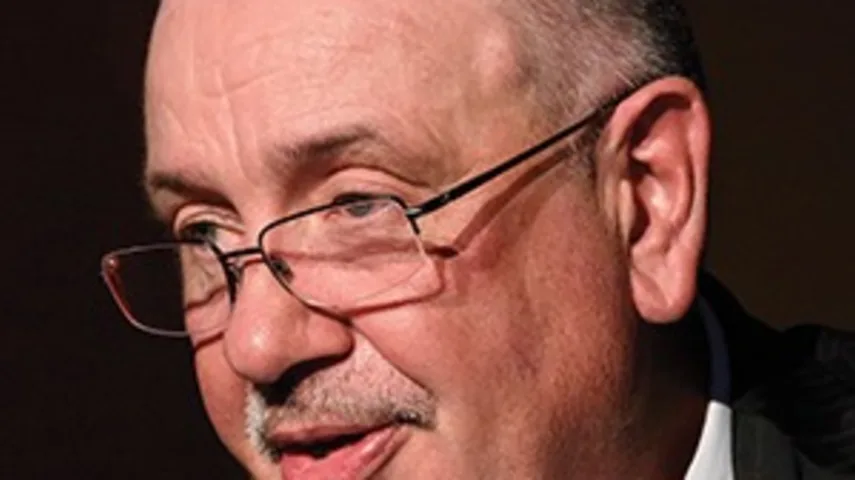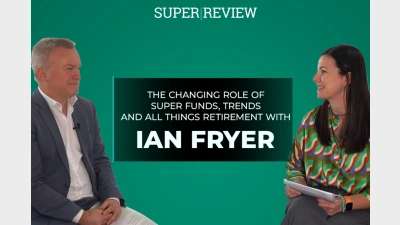Time for the superannuation industry to unite



Australia’s superannuation industry has rarely been subjected to more pressure than occurred during 2020 and superannuation fund executives should expect more of the same in 2021.
Just because the Government’s superannuation hardship early release scheme will end on 30 December does not mean that the Government will not be pursuing further changes to the superannuation regime, many of which will represent an existential threat to the future of some, smaller funds.
As well, lurking in the background, is what may prove to be the catalyst for further superannuation policy change – the long-delayed release of the Government’s Retirement Income Review (RIR).
The RIR report has been in the hands of the Treasurer, Josh Frydenberg since early this year but for whatever reasons Frydenberg has chosen not to release it to the industry, perhaps realising that the impact of the superannuation early release scheme and the ongoing impact of the Government’s earlier policy changes around Protecting Your Super (PYS) and Putting Members’ Interest First (PMIF) needed to be taken fully into account.
Also at play is whether the Government will, as legislated, proceed with lifting the superannuation guarantee (SG) beyond the current 9.5% or whether it will choose to use next year’s May Budget to further delay the increase as part of a broad sweep of measures aimed at restoring economic activity as Australia emerges from the 12 months of the COVID-19 pandemic.
But what should already be obvious to the executives of smaller superannuation funds is that the Australian Prudential Regulation Authority (APRA), with the backing of the Government, remains focused on encouraging the exit of what it regards as underperforming funds along with further fostering the merger activity which is currently underway.
When this is taken together with the Government’s changes to default superannuation fund arrangements and the continuing arguments of Government backbenchers around policy issues such as the continuing compulsory nature of the SG and the use of superannuation to fund first home deposits, there is much for the industry to be concerned about.
It is in these circumstances that the industry would do well to put aside its differences and present a united voice to the policymakers in Canberra. In short, the Association of Superannuation Funds of Australia (ASFA) and the Australian Institute of Superannuation Trustees (AIST) should ensure they are singing from the same hymn book in defending the industry.
The internecine politics of the old industry fund versus retail master trust divide need to be abandoned because it is that very division which has assisted the critics of the industry to successfully undermine public perceptions of the success of the industry.
2020 has been a challenging year for superannuation. 2021 will be equally challenging and the industry must be prepared to meet those challenges.
Recommended for you
In this Super Review Product Spotlight episode, host Maja Garaca Djurdjevic speaks with Ian Fryer, general manager at Chant West, to discuss the latest developments in superannuation.
In this new Super Review Product Spotlight episode, host Maja Garaca Djurdjevic is joined by Ian Fryer, the general manager at Chant West. Together, they explore Chant West's enduring reputation in the industry and share insights on the imminent changes in the super landscape.
While the last two years have been challenging for the superannuation industry, there is more to come in 2022 and super funds will need to rise up to the challenge.
With 20/20 hindsight, the disengagement which occurred with the introduction of the MySuper regime was a mistake which now needs to be urgently corrected.








